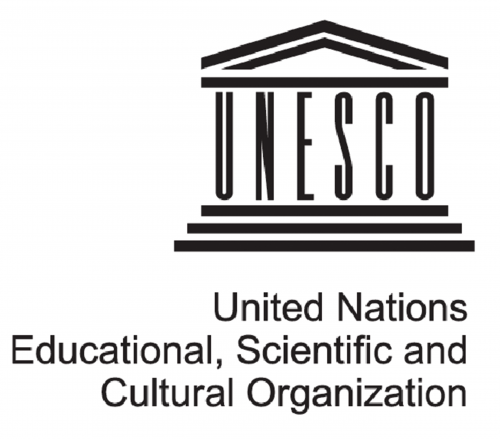
New York – A new report by the UN Educational, Scientific and Cultural Organisation (UNESCO) said that adult learning and education could improve health and well-being, employment opportunities and develop local communities.
The report, which was released by the UNESCO Director-Genera, Irina Bokova, was launched to coincide with the 50th anniversary of the International Literacy Day.
The report stated that “adult learning and education will help policy-makers to find high quality evidence to support policies, strategies and budgets.
“Stakeholders will find compelling arguments on how adult learning and education promotes sustainable development, healthier societies, better jobs and more active citizenship.”
The third Global Report on Adult Learning and Education (grale III) was produced by UNESCO’s Institute for Lifelong Learning (UIL).
It took stock of countries’ progress in implementing commitments to adult learning and education (ALE) made at the 2009 International Conference on Adult Education.
Drawing on 139 countries’ response to the GRALE III survey, the report showed that most states made progress in ALE policy development, governance, financing, quality and reach since 2009.
Furthermore, 124 countries consider that ALE has had a strong impact on health and well-being, active citizenship, social cohesion, diversity and tolerance.
GRALE III also makes a case for the major contribution that ALE could bring to meeting the 2030 Agenda for Sustainable Development.
The UIL Director, Arne Carlsen, said “countries increasingly see ALE as an integral part of lifelong learning policies and part of a holistic, inter-sectoral sustainable development agenda to offer multiple benefits and have a lasting impact.
“However, better data is required on participation in non-formal ALE and its results.”
According to the report, 75 per cent of the countries registered a substantial improvement in their adult learning and education legislation, thanks to greater awareness of the potential of ALE since 2009.
It added that 60 per cent of countries reported overall increases in ALE participation rates over the same period.
Also, poor literacy was obstacle for progress in ALE as 758 million adults, including 115 million young people aged 15 to 24, around the world could still not read and write a simple sentence.
Credit: NigeriaToday